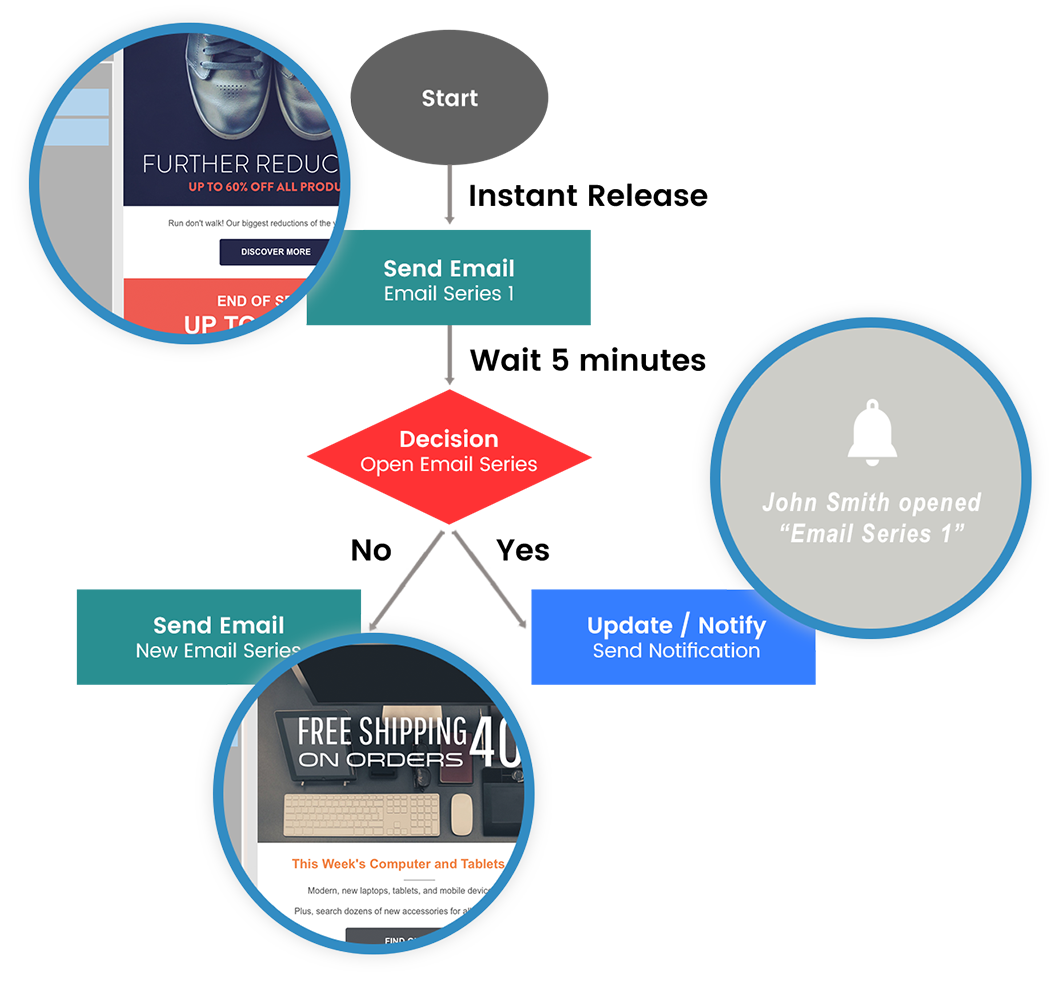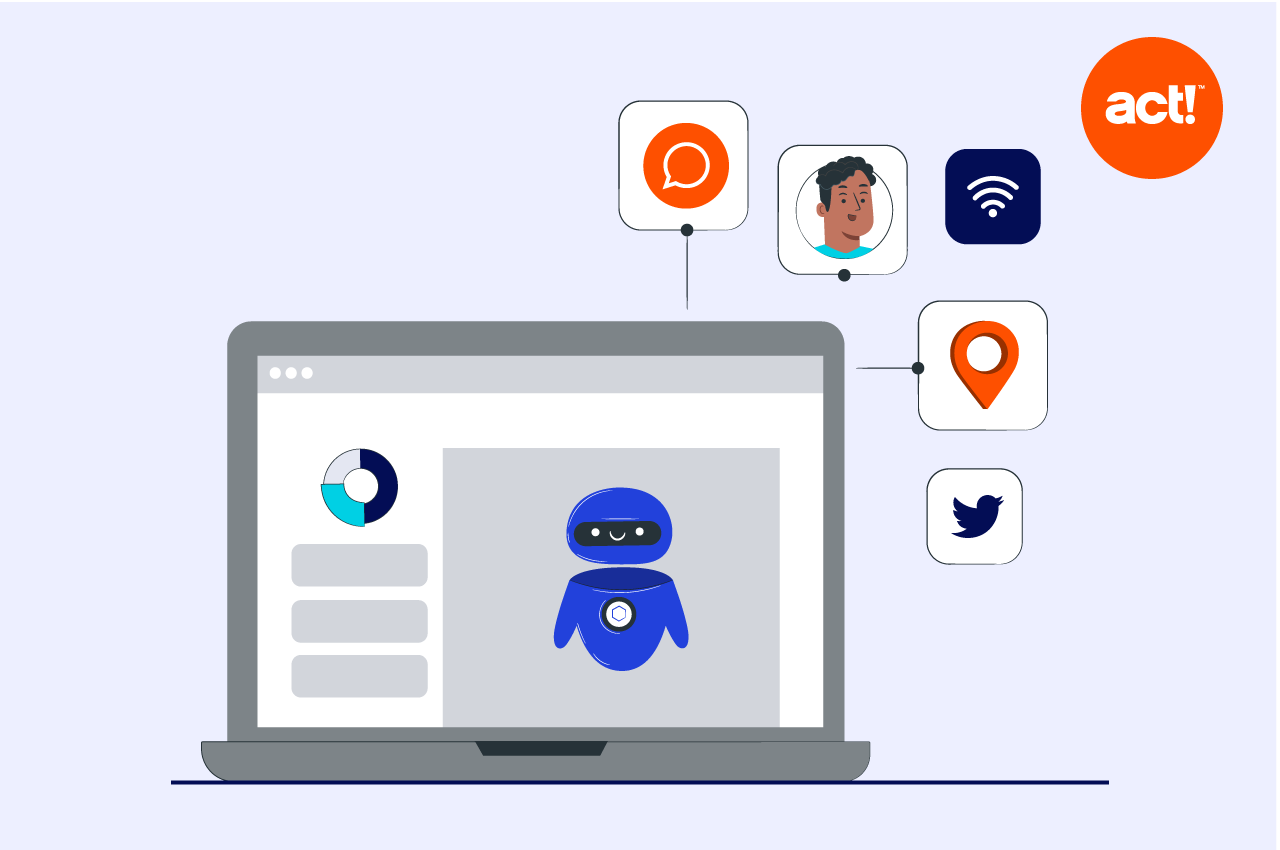Every business depends on leads to grow and flourish. You need a steady supply of qualified leads who are a good match for your products and services. You also have to take concrete steps to make your prospects more comfortable and more informed on your product or business. According to Marketing Sherpa, 73% of B2B leads are not ready to buy. It’s up to you to close this gap.
Lead nurturing is the process of finding and building relationships with such people. Let’s look at some of the main points to keep in mind for nurturing the most promising leads
What is Lead Nurturing?
Everyone with a business understands the fundamental importance of leads. What’s really relevant, however, is how many leads you can turn into customers. For example, suppose you operate a small business that provides B2B services such as web design to other businesses. You might attract leads with a landing page. What you do with these leads, such as emailing them, calling them, and sending them information, is part of the lead nurturing process. Also relevant are:
Lead Qualification. You’re not simply trying to accumulate a large number of leads but ones that are qualified. Qualified leads are people who are likely to buy your products and services.
Education. Educating your audience doesn’t mean sending out spammy and generic content. It means providing them with the information they need to make an informed decision. Prospects will need different types of information depending on their circumstances and which stage of the buyer’s journey they’re at.
Listening. Nurturing leads is a two-way process. In addition to educating and talking to your prospects, you need to listen to them. You have to identify their needs and address their objections. You can do this on an individual basis and also on a broader scale through research and social listening. For example, you should keep track of the most common questions and problems people in your target audience are voicing.
Practices to Enhance Lead Nurturing
The following are some of the most effective tactics for nurturing leads.
Segmentation and Personalization
Lead nurturing requires you to take a personal and targeted approach, considering the individual needs of your prospects. Segmenting email lists lets you send out the most relevant and targeted information. You can also segment social media pages. For example, rather than having a single Facebook page, you could have several for different products. You should also personalize emails and other communications as much as possible.
Track and Tweak
You should always be tracking and testing the results of your lead nurturing efforts. You can track metrics such as:
Customer profiles. A customer profile or persona helps you identify your most promising leads. You should always be studying and refining your customer profiles.
Landing pages. This includes all elements on your landing pages such as headlines, the wording of offers and opt-in forms.
Email campaigns. Subject lines, topics, calls-to-action. You can also track the best times to send emails.
Social media. Test which platforms provide the best results as well as what type of posts and paid ads.
Marketing Automation
Many lead generating and nurturing tasks can be automated for greater efficiency. Marketing automation allows you to respond faster and more effectively when communicating with leads.
Base automations on behavior. For example, when someone downloads an e-book or white paper, you send them a series of emails. You should, for example, base responses on the level of engagement. Prospects who display an interest need different responses than those who haven’t yet started engaging with you. Example of a responsive campaign/nurture stream seen here.

Lead Scoring. Scoring leads is a more refined process than lead qualifying. Not all leads are equally valuable. While you can never know for sure who will end up buying from you, it’s possible to make educated guesses based on demographics, past behavior, and other criteria. A lead scoring system helps you identify what stage of the buying process someone is at and the best way to connect with him or her.
Use automation for upsells and add-ons. When a lead is converted into a customer, you may also be able to sell him or her additional related items. A well-known example is Amazon suggesting additional items for your shopping cart when you buy something.
Social media. You can automate many social media tasks such as posting content to multiple platforms.
If you want to make the most of marketing automation to nurture your leads, sign up for your free trial of Act!, host sales/lead database in CRM, and streamline lead nurturing campaigns with the marketing automation tool. Act! provides CRM and marketing automation to help small and midsize businesses succeed. To learn more about our services, contact us.





